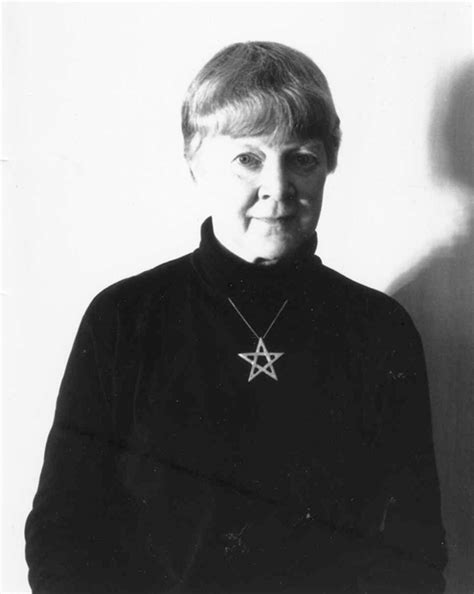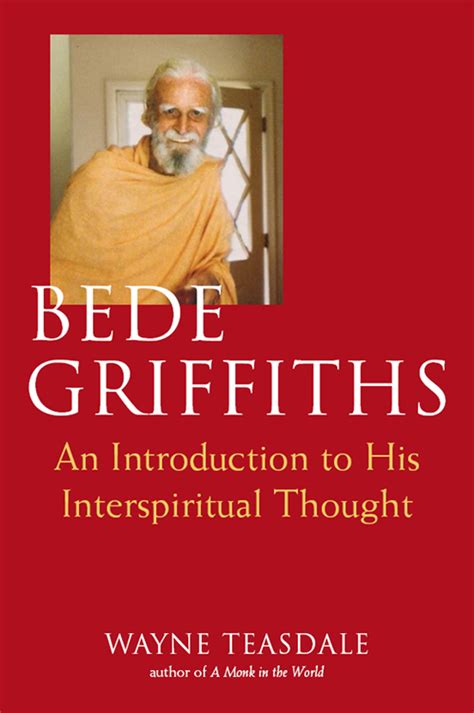A Quote by Steven Weinberg
The whole history of the last thousands of years has been a history of religious persecutions and wars, pogroms, jihads, crusades. I find it all very regrettable, to say the least.
Related Quotes
The very fears and guilts imposed by religious training are responsible for some of history's most brutal wars, crusades, pogroms, and persecutions, including five centuries of almost unimaginable terrorism under Europe's Inquisition and the unthinkably sadistic legal murder of nearly nine million women. History doesn't say much very good about God.
There is, for instance, only one page at the beginning of Runciman's three-volume History of the Crusades describing how the participants decided to begin four hundred years of wars, and then several thousand pages devoted to the routes, battles and other events which make up the "history" of the Crusades.
So many of the wars in history, thousands and thousands of them for the past five, six, seven thousand years, have been related to differences in Truth claims. If we can evolve beyond that problem, then I think there's some chance that we could retire the whole institution of war and begin to focus on the peaceful evolution of humanity.
I definitely love history. I'm not formally trained or educated in history, but you could say I did go back to college in 2008 to do Untold History of the United States. That took five years. Co-author Peter Kuznick has been teaching history for something like 35 years, at American University and other places. His group of researchers brought me into contact with a lot of books.
I was trying to find out what happened in my lifetime, because I was an older man. We lived through two terms of George Bush, and I was wondering, "Is he an exception to the rule, or he is a continuation? What is driving all these wars? What is driving this attitude of aggressiveness and militarism?" I got my answer - and it was a shocking answer. I found is this whole strain of history, this whole school has been denied by the media. It is a bizarre blindness, because we are such an intelligent country. It's bizarre that we can't get our own history straight.
All American wars (except the Civil War) have been fought with the odds overwhelmingly in favor of the Americans. In the history of armed combat such affairs as the Mexican and Spanish-American Wars must be ranked, not as wars at all, but as organized assassinations. In the two World Wars, no American faced a bullet until his adversaries had been worn down by years of fighting others.
We've made so much progress in the last 100 years, and I think it's easy for us to think that women in the workplace, women in politics, isn't that big of a deal. And when you step back and look at it from the scope of human history, from thousands and thousands of years - it's a radical idea for a woman to be in charge.


































